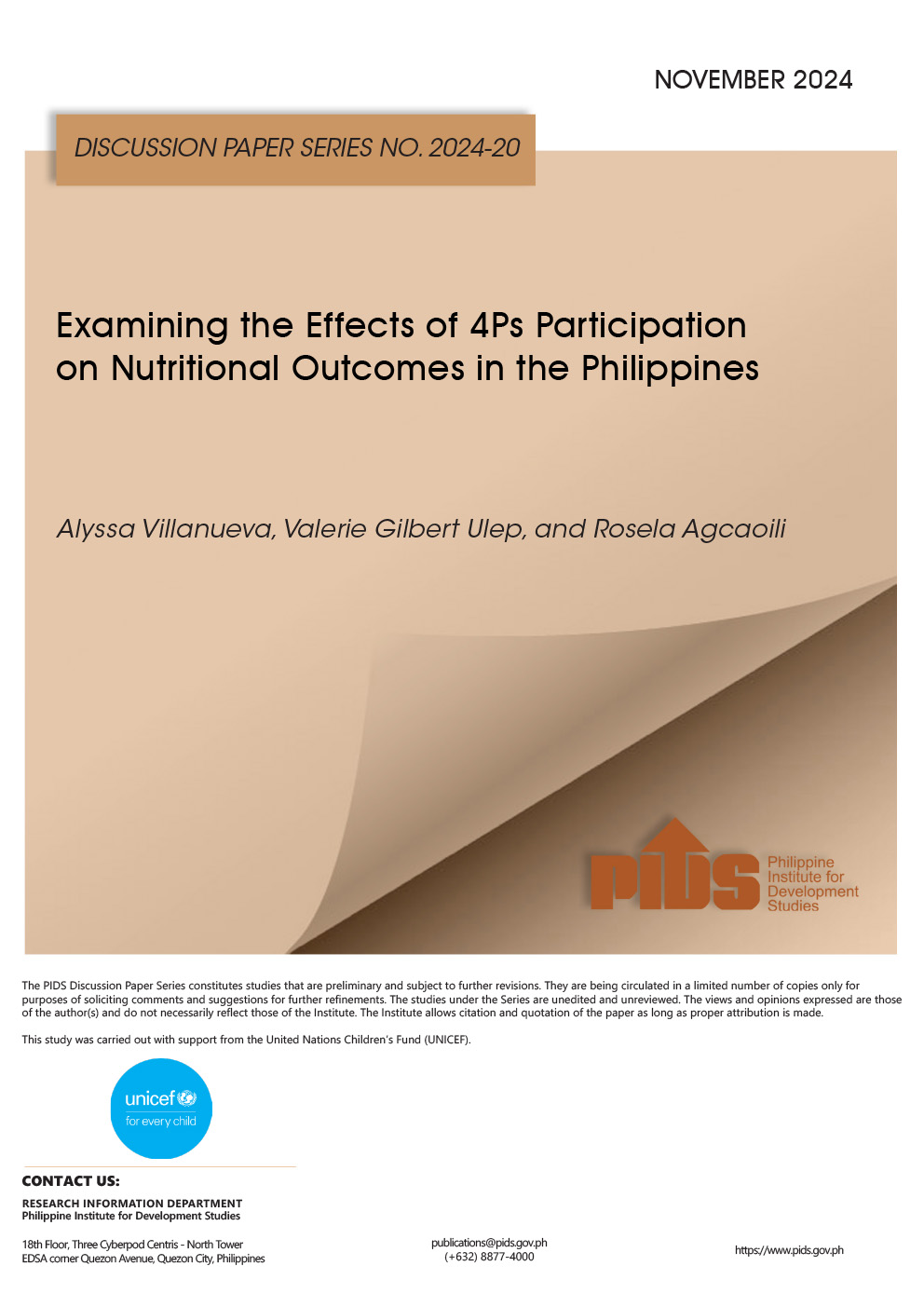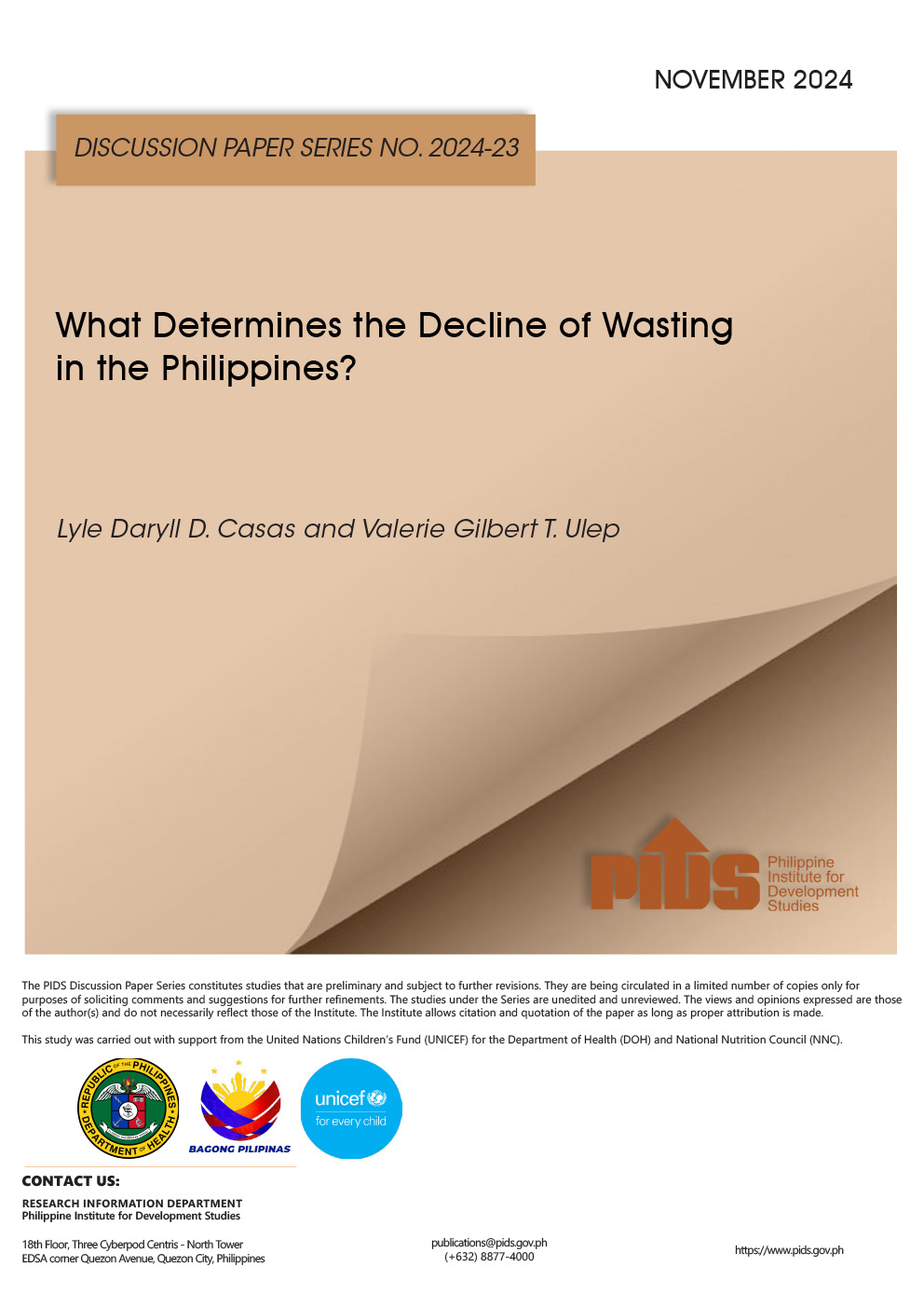MANILA, Philippines — Did the Philippines really export rice when the Marcos-era "Masagana 99" agriculture program was implemented?
This question came to the fore after Sen. Imee Marcos and Finance Secretary Carlos Dominguez III clashed over the supposed success of the program during Wednesday's Senate hearing.
The daughter of ousted dictator Ferdinand Marcos Sr. sparked tension when she prodded Dominguez to muster a bigger stimulus for the government's coronavirus response and use the Masagana 99 program as a template for tapping banks to help farmers and informal settlers displaced by the coronavirus outbreak.
But Dominguez, who served as agriculture chief during the presidency of Corazon Aquino, immediately dismissed Marcos' proposal. "I was the Secretary of Agriculture that cleaned up the mess that was left by Masagana 99,” the finance chief said.
In a statement on Thursday, Marcos berated Dominguez for his remarks and argued that he was wrong for saying that the Philippines "never exported rice" when Masagana 99 was implemented.
What experts say
Launched in 1973, Masagana 99 served as the Marcos patriarch’s program to increase rice production by offering highly-subsidized loans to farmers so they can buy fertilizers and invest in equipment.
But the program ended up a colossal failure after the build-up of unpaid loans pushed hundreds of rural banks into bankruptcy and burdened poor farmers with too much debt.
Citing a column by agronomist and former University of the Philippines president Emil Javier, Marcos insisted that the country was able to export rice after farmers "produced a surplus of some 89,000 metric tons in 1977 to 1978."
But while Javier indeed wrote in a November 2016 Manila Bulletin column that the Philippines was able to export rice in the late 1970s, he also said in the same opinion piece, in the next paragraphs, that Masagana 99 "proved to be short-lived and unsustainable."
"Giving away seeds, fertilizers, pesticides and dryers while politically attractive is temporary, wasteful and prone to graft," Javier wrote.
Sought for comment, Philippine Institute for Development Studies senior research fellow Roehlano Briones told Philstar.com that while the Philippines managed to export rice in 1977 until 1980, the country failed to sustain it.
"It could not be sustained and exports collapsed until end of Marcos' term," Briones, a rice expert, said, adding that rice imports later reached 10-year highs in 1984 to 1985.
"M-99 was a fiscal disaster... it was indeed a failure," he said.
Dominguez, in responding to Marcos' remarks on Wednesday, said: “There were about 800 rural banks that were bankrupted by that program. We had to rescue them. So whether it's a total success or not, it has to be measured against that.”
This question came to the fore after Sen. Imee Marcos and Finance Secretary Carlos Dominguez III clashed over the supposed success of the program during Wednesday's Senate hearing.
The daughter of ousted dictator Ferdinand Marcos Sr. sparked tension when she prodded Dominguez to muster a bigger stimulus for the government's coronavirus response and use the Masagana 99 program as a template for tapping banks to help farmers and informal settlers displaced by the coronavirus outbreak.
But Dominguez, who served as agriculture chief during the presidency of Corazon Aquino, immediately dismissed Marcos' proposal. "I was the Secretary of Agriculture that cleaned up the mess that was left by Masagana 99,” the finance chief said.
In a statement on Thursday, Marcos berated Dominguez for his remarks and argued that he was wrong for saying that the Philippines "never exported rice" when Masagana 99 was implemented.
What experts say
Launched in 1973, Masagana 99 served as the Marcos patriarch’s program to increase rice production by offering highly-subsidized loans to farmers so they can buy fertilizers and invest in equipment.
But the program ended up a colossal failure after the build-up of unpaid loans pushed hundreds of rural banks into bankruptcy and burdened poor farmers with too much debt.
Citing a column by agronomist and former University of the Philippines president Emil Javier, Marcos insisted that the country was able to export rice after farmers "produced a surplus of some 89,000 metric tons in 1977 to 1978."
But while Javier indeed wrote in a November 2016 Manila Bulletin column that the Philippines was able to export rice in the late 1970s, he also said in the same opinion piece, in the next paragraphs, that Masagana 99 "proved to be short-lived and unsustainable."
"Giving away seeds, fertilizers, pesticides and dryers while politically attractive is temporary, wasteful and prone to graft," Javier wrote.
Sought for comment, Philippine Institute for Development Studies senior research fellow Roehlano Briones told Philstar.com that while the Philippines managed to export rice in 1977 until 1980, the country failed to sustain it.
"It could not be sustained and exports collapsed until end of Marcos' term," Briones, a rice expert, said, adding that rice imports later reached 10-year highs in 1984 to 1985.
"M-99 was a fiscal disaster... it was indeed a failure," he said.
Dominguez, in responding to Marcos' remarks on Wednesday, said: “There were about 800 rural banks that were bankrupted by that program. We had to rescue them. So whether it's a total success or not, it has to be measured against that.”












